
It began subtly, with symptoms that could easily be mistaken for a passing illness: nausea, loss of appetite, and a general feeling of being unwell. For Robert Grafton of Turnersville, New Jersey, this was the start of a health crisis that revealed a surprising potential danger lurking in products many people take for health and wellness.
Grafton, a 54-year-old former interventional radiology technologist with a nurse wife, soon experienced more alarming signs: itching and dark urine. These, he knew, were hallmarks of liver failure, a condition in which the body’s crucial filter begins to falter.
His intuition pointed to his long-standing regimen of herbal and dietary supplements. Acting quickly, he stopped taking all of them.
Yet, his symptoms worsened, leading him to his primary care physician. Initial suspicions of Hepatitis A were ruled out by laboratory tests.
Instead, the tests showed dramatically elevated liver enzymes and high bilirubin levels—clear indicators of liver failure. Grafton described the moment as devastating, fearing the worst possibilities like liver or pancreatic cancer.
Less than a week after symptoms first appeared, Grafton was admitted to Thomas Jefferson University Hospital in Philadelphia. There, he received a diagnosis that underscored his initial suspicion.
Product on Amazon: Everlywell Hepatitis C Test – at-Home Collection Kit – Discreet, Accurate Results from a CLIA-Certified Lab Within Days – Ages 18+
Brand: Everlywell
Binding: Product Group: Drugstore
Price: 68 USD
Features:
1. Simple Test – This test lets you discreetly check for exposure to the hepatitis C virus (HCV), all from the convenience of your home
2. At-home Sample Collection – Test arrives in discreet packaging and includes everything you need for sample collection (only a small amount of blood is needed as a sample); making it easy to send your sample to the lab for analysis
3. Easy-to-understand Results – Gain meaningful insights about your health with easy-to-understand results; we also provide you with additional resources and helpful tips along the way
4. CLIA Certified Labs – Each partner lab we choose to work with is CLIA-certified (Clinical Laboratory Improvement Amendments), this means they have to meet high standards to obtain both state and federal certifications and submit themselves to regular inspections
5. Physician Reviewed – Everlywell test orders and results are reviewed and approved by an independent board-certified physician within your state;Test taker must be 18+
Shopping on Amazon >>
Read more about: Healthy, Young, Gone in Days: The Unexpected and Rapid Toll of This Flu Season

“It turns out I had something called a drug-induced liver injury, which came from my supplements,” Grafton recounted.
Grafton’s case highlights a growing concern among health experts: the rising incidence of drug-induced liver injury (DILI), also known as toxic hepatitis, linked to common medications and, increasingly, dietary and herbal supplements.
The liver is an incredibly complex organ, performing over 500 vital functions, including filtering potentially harmful substances from the blood. While the liver is generally forgiving and capable of healing, it can be overwhelmed by excessive amounts of certain substances.
Acetaminophen, the active ingredient in Tylenol, is a known culprit for DILI when taken in excess. However, herbal and dietary supplements are now implicated with mounting frequency.
A significant trend is evident in data spanning over two decades. According to a 2022 study published in the journal Liver Transplantation, the number of supplement-related liver failure cases requiring a liver transplant waitlist increased eightfold in the U.S. between 1995 and 2020.
Further research published in the journal Hepatology in 2017 estimated that 20% of liver toxicity cases nationwide are tied to herbal and dietary supplements. The authors noted that cases often involved “multi-ingredient nutritional supplements,” making it challenging to pinpoint the exact problematic components.
Product on Amazon: Amazon Basic Care Extra Strength Pain Relief, Acetaminophen Caplets, 500 mg, 200 Count (Packaging may vary)
Brand: Amazon Basic Care
Binding: Health and Beauty Product Group: Drugstore
Price: 6.27 USD
Features:
1. USE: Acetaminophen may be used as a pain reliever and fever reducer for adults and children 12 years and over
2. PAIN: Pain may begin with an injury or illness, but could also originate with anything from a bad mattress to arthritisACUTE PAIN: Acute pain acts as an alarm such as with a bee sting or stubbing your toe and can last for a few moments or for longer
3. Product may be manufactured in India or U.S.
Shopping on Amazon >>
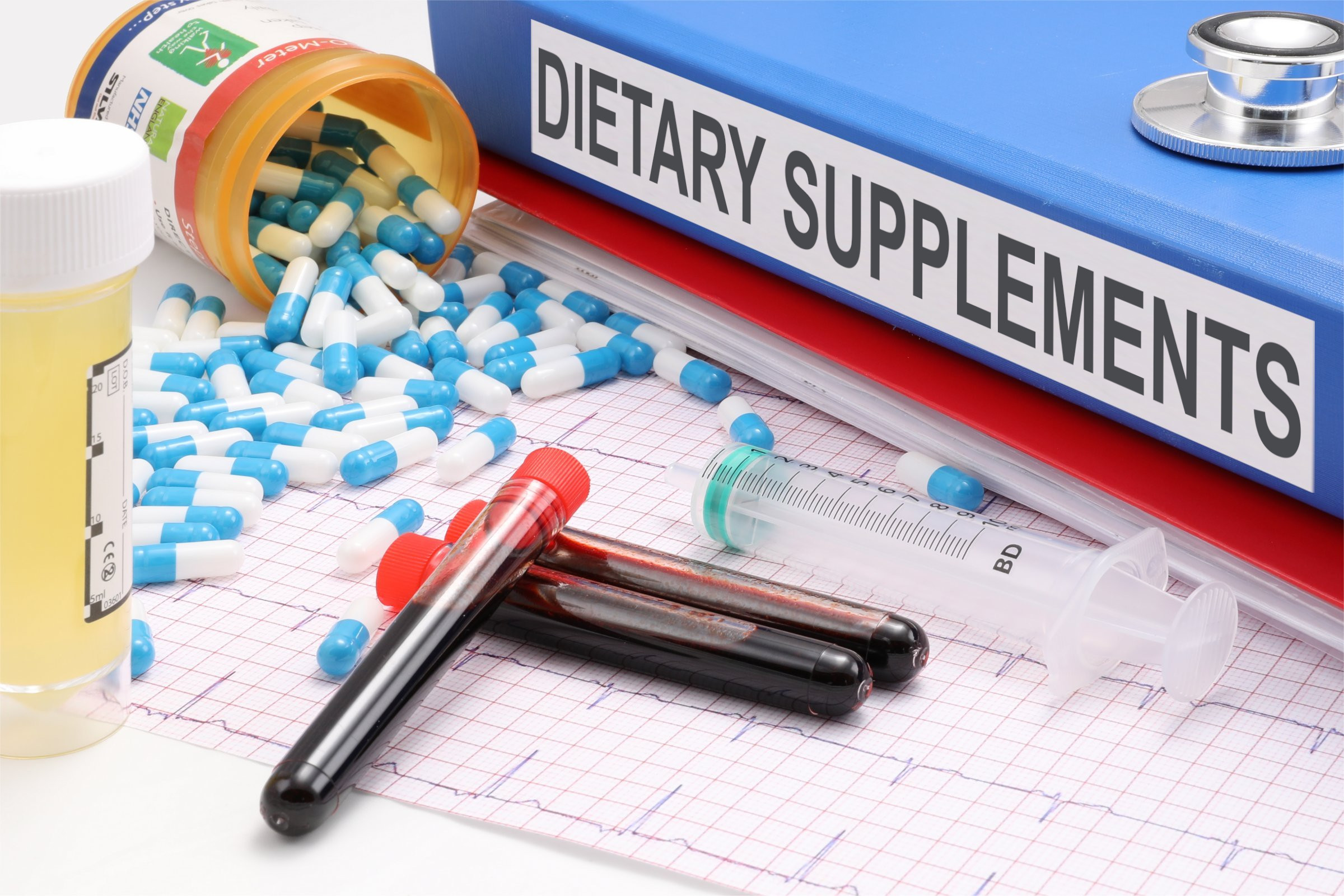
It’s important to understand the distinction between dietary supplements and herbal supplements. Dietary supplements can contain a range of nutrients like vitamins, minerals, and amino acids from various sources. Herbal supplements are a subset, derived specifically from plants.
While liver damage linked to supplements is still considered rare, its exact degree of rarity remains unclear. What is clearer, however, is a primary reason for the increase in cases: more Americans are taking supplements.
A 2024 survey by the Council for Responsible Nutrition (CRN), a trade group, indicated that as many as 3 in 4 adults aged 18 and older use supplements. This marks a notable increase from the 2017–2018 National Health and Nutrition Examination Survey, which showed that 58% of adults aged 20 and older had used a dietary supplement in the past 30 days.
Read more about: The Paradox of Energy Drinks: A Lively Debate on Lethargy

Compounding this trend, almost 4 in 5 users in the 2024 CRN survey expressed a preference for supplements over prescription or over-the-counter medications.
Dr. Dina Halegoua-De Marzio, a hepatologist at Jefferson Health who treated Grafton, pointed to a crucial misconception driving this behavior. I think people assume these things are safe,” she stated.
She added, “The No. 1 reason we see people taking these is for good health or to supplement their health, and so I don’t think that they realize that there is a real risk here.”
Robert Grafton was a prime example of this perception. Becoming more health-conscious around age 50, the father of five started a supplement routine including fenugreek, DHEA, ashwagandha, L-carnitine, and nitric oxide, which he took for years without issues.
About a month before falling ill, he added turmeric pills, aiming to reduce inflammation. Then, he saw a social media advertisement that he believes was the catalyst for his severe liver injury.
Ironically, this advertised product was a turmeric-based liquid supplement marketed, in part, to support long-term liver health. Such products are widely available and often promoted for their high concentration of potentially beneficial ingredients.
Product on Amazon: NOW Supplements, Fenugreek (Trigonella foenum-graecum) 500 mg, Herbal Supplement, 100 Veg Capsules
Brand: NOW
Binding: Health and Beauty Product Group: Drugstore
Price: 5.49 USD
Rating: 4.4 Total reviews: 14518
Shopping on Amazon >>
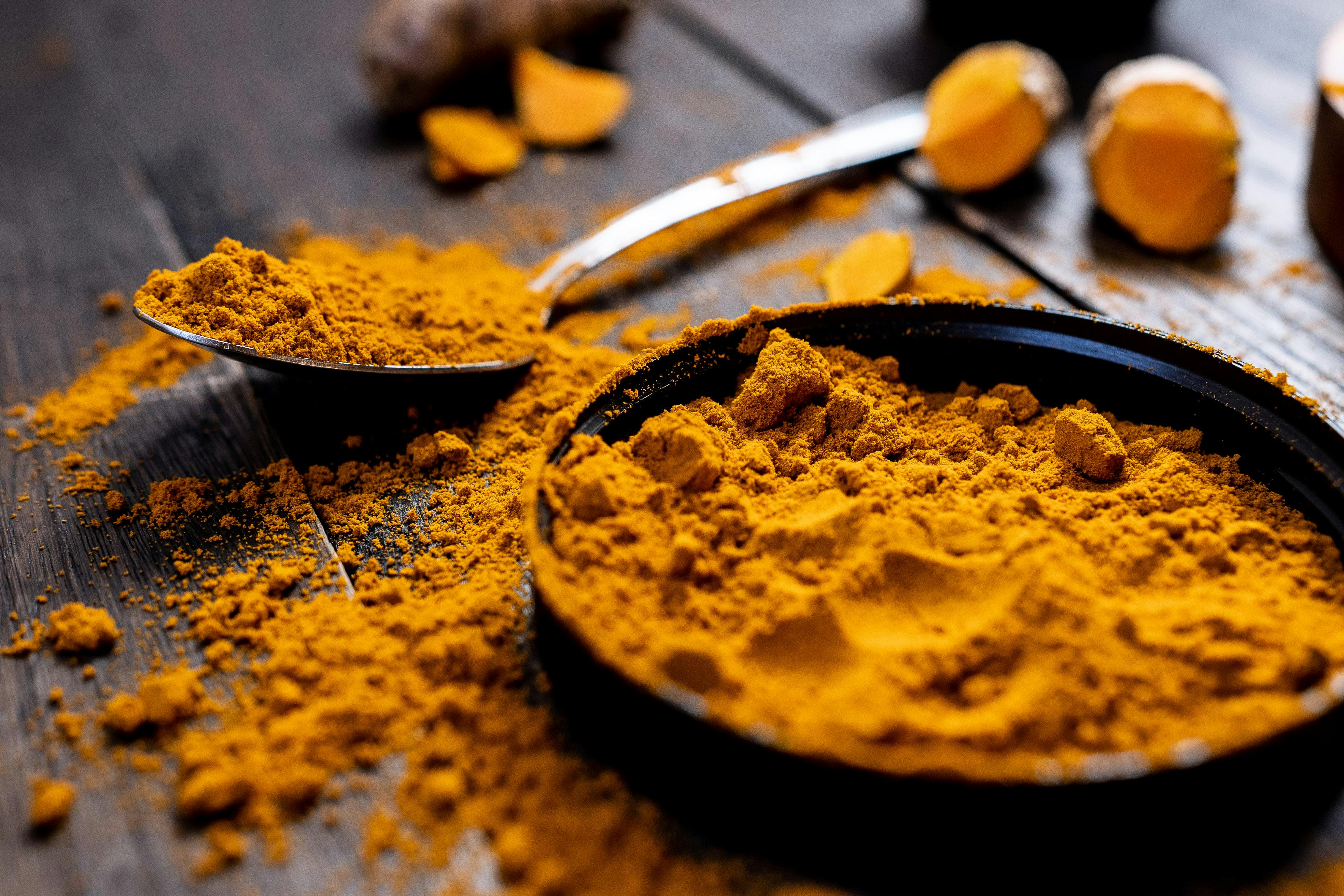
“The whole push with that is that you’re getting a super-high, concentrated dose of turmeric and dandelion root and milk thistle, which I have always known from my medical experience is good for liver health,” Grafton explained. He believed he had done sufficient research, saying, “It all sounded good.”
His symptoms emerged within a week of incorporating the liquid supplement into his daily routine. Even though he stopped the turmeric pills the day he started the liquid, Dr. Halegoua-De Marzio concluded that turmeric overload was the most likely cause of his liver injury.
The liquid supplement was highly concentrated, and the pills Grafton had been taking contained 2,250 mg of curcumin, a compound from the turmeric root. Dr. Halegoua-De Marzio also highlighted the presence of black pepper extract in the pills, which she warned could enhance absorption twentyfold.
She explained the danger of high-dose turmeric supplements compared to culinary use. “When you cook with turmeric, that could be really safe. But some of the supplements now are 2,000 mg plus, which is a very high dose of turmeric,” she said.
Product on Amazon: Turmeric Curcumin with Black Pepper Extract 1500mg – High Absorption Ultra Potent Turmeric Supplement with 95% Curcuminoids and BioPerine – Non GMO Tumeric Capsules for Joint Support – 90 Capsules
Brand: BioSchwartz
Binding: Health and Beauty Product Group: Drugstore
Price: 18.79 USD
Item Form: capsules
Manufacturer: BioSchwartz
Item Package Quantity: 1
Package Information: Bottle
Features:
1. Advanced Formula: Our turmeric with black pepper capsules are made with patented BioPerine proven to increase absorption and bioavailability making it a must have in any turmeric curcumin supplement
2. Made with Organic Turmeric Curcumin: We proudly use no fillers or binders in our vegan non GMO turmeric curcumin with BioPerine capsules featuring ultra pure turmeric extract with 95% curcuminoids
3. Proven Benefits: Feel the synergistic relief of our turmeric black pepper supplement made with high strength turmeric curcumin 1500mg and BioPerine that may increase absorption by up to 2000%
4. Full Body Relief: Curcumin turmeric is one of Nature’s best kept secrets used for generations as immunity liver digestion and joint support supplements also popularly used to easy everyday discomfort
5. Professional Quality Standards: Experience superior standards in nutritional supplements as our turmeric supplements are proudly made in the USA from the finest quality globally sourced ingredients and third party quality tested
Top Review from US: “PRODUCT: Schwarts Bioresearch. Premium Ultra Pure. Turmeric Curcumin w/ Bioperine. 1500 MG configuration.My Condition: Initial injury to neck and shoulder 1993. 3 herniated cervical disk with nerve impingements. Torn rotator cuff with 3 surgeries spread out over 15 years. Micro surgery to elbow (on affected side). Nerve impingements with radiating pain from neck and shoulder into arms and hands. TREATMENTS: 4 surgeries. TO MUCH PAIN MEDICATION, permanently damaged stomach lining (from 17 years of narcotics and anti-inflammatory). AGE 56. Status: Unable to work and have spent last 6 years WITHOUT narcotics, do daily PT for neck, upper back, hands, arms. Meditate. WORKING HARD to find “alternative supplements” to help reduce swelling pain, not destroy stomach . . . keep functioning, do service work, do A LOT of research. I have a Masters Degree in Health Sciences and several Technology Certifications. My last surgery was a little over a year ago (elbow) and my MAJOR GOAL of… …”
Shopping on Amazon >>
Read more about: Unraveling the Obesity Crisis: Food Addiction, Biology, and New Paths to Health
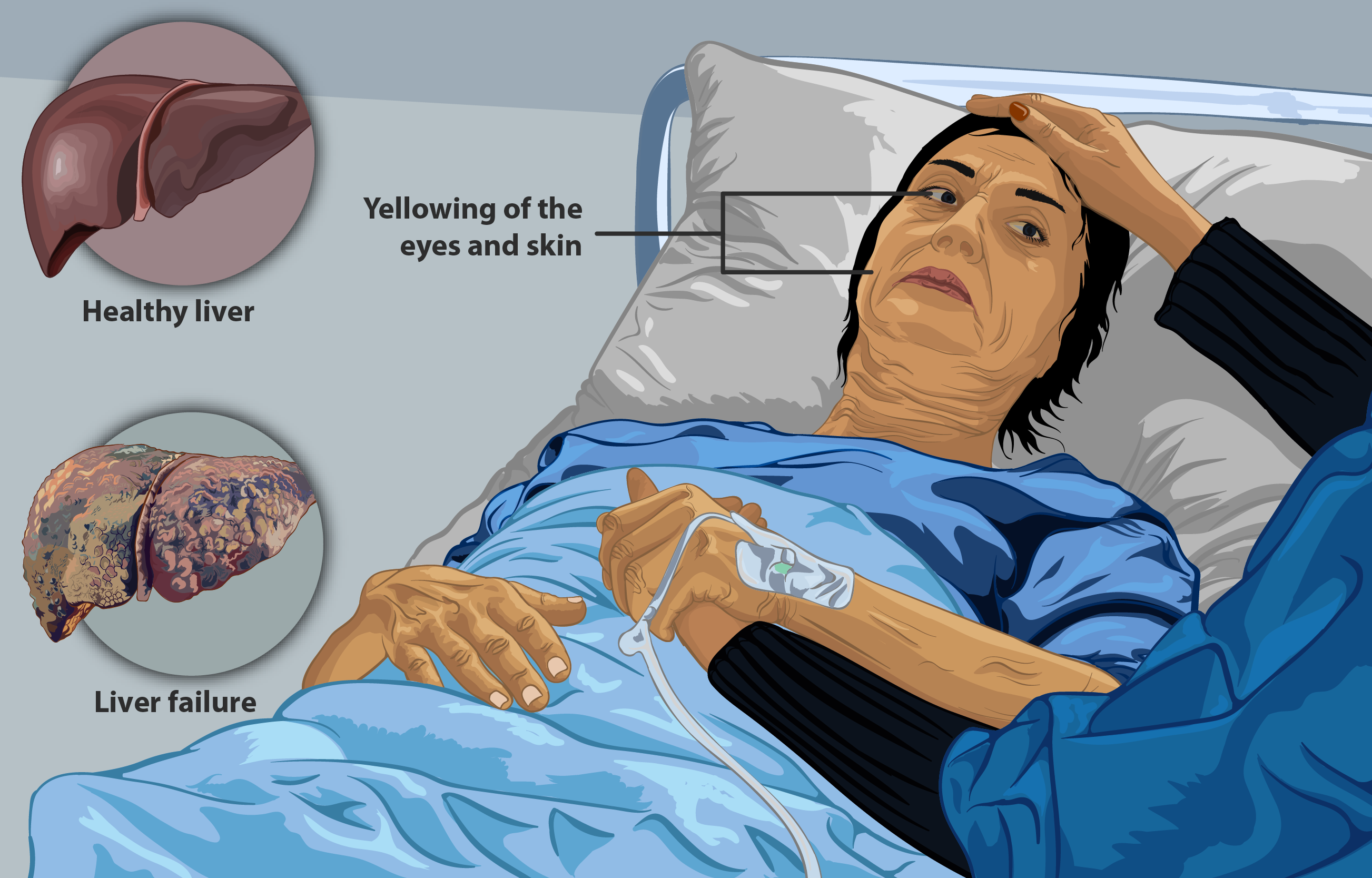
Coupled with black pepper, this high dose can overwhelm the liver, making it “really sick” as the organ struggles to break down the supplement.
The vast landscape of supplements includes everything from powders marketed for muscle growth to gummies promising stress reduction. A common belief among users is that if a product is natural or plant-derived, it must be safe. However, Dr. Halegoua-De Marzio stressed that this is not necessarily the case for herbal supplements.
“That’s what I hear from patients all the time — ‘Oh, I want something natural’ — this fear of prescription medicines being unsafe,” she noted. While acknowledging risks with prescription medications, she pointed out that they undergo rigorous clinical trials, a process to which supplements are not subjected before hitting the market.
Supplements aren’t evaluated for safety or effectiveness by the FDA before they are sold. The agency can only act against products found to be “adulterated or misbranded” after they are on the market. This limited oversight stems from the Dietary Supplement Health and Education Act of 1994, an era when far fewer supplements were available compared to the nearly 20 times more products sold today.
According to a study published last year in JAMA Network Open, among herbal ingredients linked to toxic hepatitis in the U.S., turmeric is the most commonly consumed. Following turmeric on this list are green tea extract, ashwagandha, Garcinia cambogia, red yeast rice, and black cohosh.
Researchers at the University of Michigan estimated that approximately 15.6 million Americans regularly consume products containing at least one of these six botanicals. Notably, most individuals reported taking these supplements on their own initiative, without consulting a doctor.
The difficulty in quantifying supplement-related liver damage stems partly from the lack of regulation and the sheer number of products on the market. Dr. Robert Fontana, a professor of internal medicine at the University of Michigan Medical School and co-author of the JAMA Network Open research, explained that a goal of their study was to estimate the magnitude of exposure to these potentially harmful herbal supplements.
“It’s important for other doctors to know, for the general public to know,” Dr. Fontana said, highlighting that “The denominator of use is going up.”
Dr. Fontana and Dr. Halegoua-De Marzio are both involved in the Drug-Induced Liver Injury Network (DILIN), a research group supported by the National Institutes of Health. Since its start in 2004, DILIN has enrolled over 1,800 patients, with 19% of documented DILI cases attributed to supplements.
Previous estimates suggest that the U.S. experiences around 44,000 cases of liver damage linked to medications and supplements annually, including an estimated 2,700 deaths. Dr. Fontana believes the actual incidence is likely higher.

Liver failure symptoms can be non-specific and vague, meaning some people may be unaware they have sustained liver damage. Additionally, individuals seeking natural remedies via supplements may be hesitant to consult a doctor, or they might feel embarrassed about inadvertently harming themselves.
Dr. Fontana noted that botanical supplement users in his 2024 research tended to be older, wealthier, and more educated, perhaps leading to an assumption of safety or personal knowledge that bypasses medical advice.
“When you’re the patient, you’re like, ‘Why did this happen to me?’” Dr. Fontana described the reaction of those affected. “‘What do you mean, this stuff isn’t safe?’”
Experts are keen to raise awareness without causing undue alarm. “We’re not trying to create alarm,” Dr. Fontana stated, “but rather to inform the public.”
“We’re just trying to increase awareness that the over-the-counter supplements people are taking and buying have not been tested nor necessarily proven to be safe,” he clarified.
The FDA itself warns consumers about the risks associated with supplement use. In a statement, the agency highlighted that “Dietary supplements may contain ingredients that can have strong effects in the body, even if the ingredients are natural or plant-derived.”
The FDA cautioned that adverse events are more probable “if consumers take supplements in high doses, take multiple supplements, or take supplements instead of or in addition to medications.”
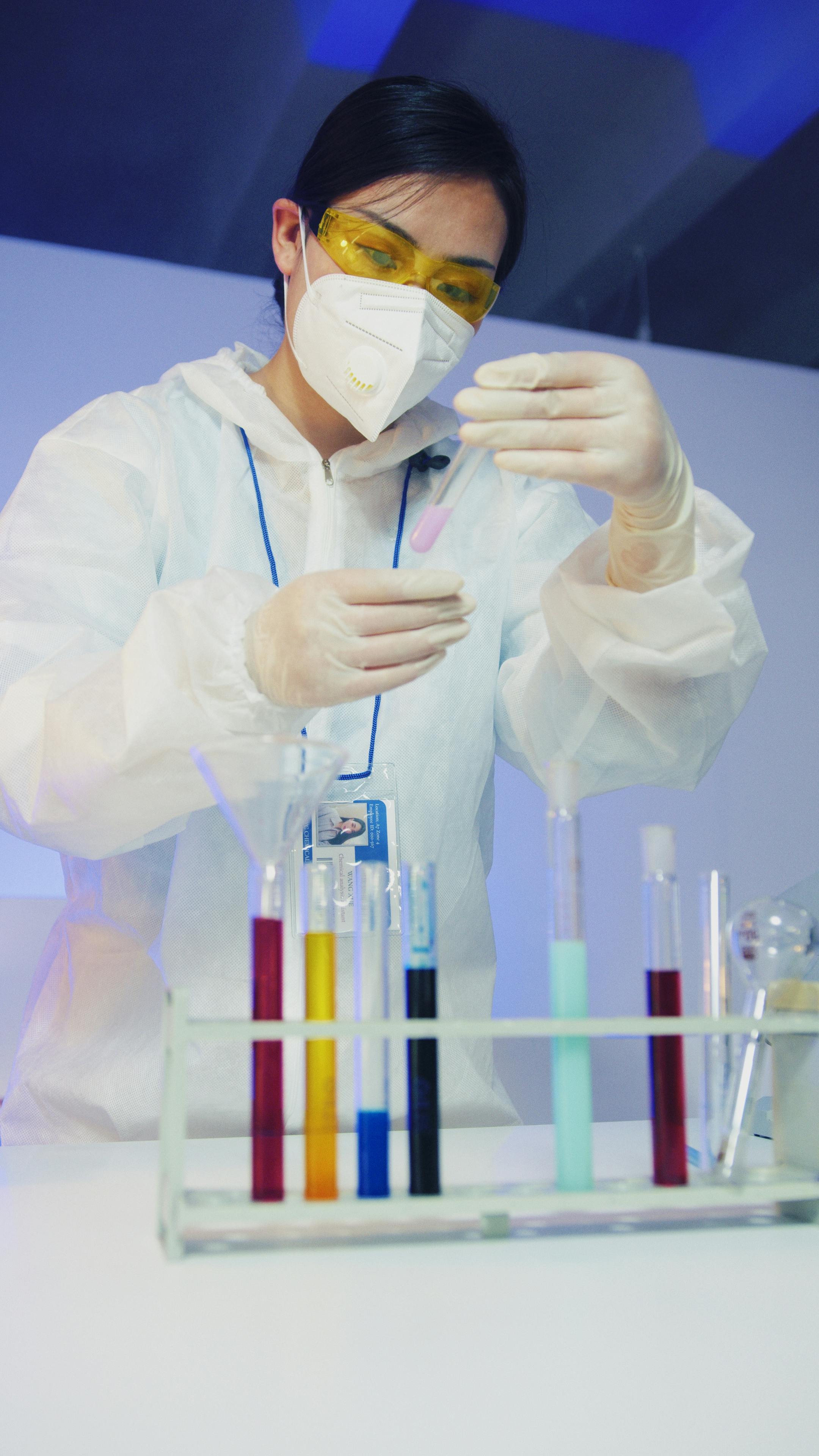
Mislabeling is another significant concern. Dr. Robert Fontana mentioned analytical chemistry testing performed in a previous study, which revealed a “50 percent mismatch between stated ingredients on the label and what they actually contained.
“If you buy a supplement and it says it has a certain ingredient, it’s basically a coin flip whether that’s true or not,” Dr. Fontana stated, underscoring the difficulty consumers face in knowing exactly what they are consuming.
Beyond the six identified botanicals, other supplements and products have been implicated in liver injuries. These include bodybuilding products, Herbalife, kava, Hydroxycut, OxyElite Pro, polygonum multiflorum herbs, giloy, and Phyllanthus niruri, as reported in various case studies and analyses within the provided context.
Individuals with pre-existing liver conditions, nutritional deficiencies, or those who are pregnant may be at increased risk of liver injury from herbal products, dietary supplements, and medications, as the liver’s ability to process these substances can be impaired.
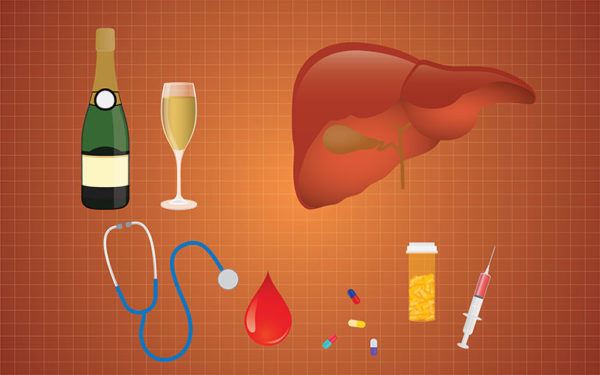
Some people may also be genetically predisposed to supplement-induced liver damage. “That means there’s a biological basis as to why they were the one in 1,000, or one in 10,000 people who took this and got into trouble,” Dr. Fontana explained, noting that genetic associations are also being found for adverse reactions to prescription drugs.
Common symptoms of liver damage and toxicity can include nausea, loss of appetite, abdominal pain, itching, dark urine, and jaundice. Other signs may include fever, fatigue, vomiting, and changes in urine color.
Despite these risks, many people view supplements as essential for health maintenance. According to the CRN, dietary supplements are intended for healthy people aiming to stay healthy.
Steve Mister, CRN President and CEO, clarified the limitations on supplement claims. “Dietary supplements can’t say they can cure your cold; they can’t say they can prevent your Alzheimer’s or your cancer,” he said, adding that products making such claims are “blatantly illegal.”
While a balanced diet is the ideal source for nutrients, experts acknowledge that supplements have a place for individuals with specific needs. Joanne Slavin, a registered dietitian and professor at the University of Minnesota, used the example of someone not eating red meat needing an alternate iron source. “A supplement is fine, sure,” she commented, emphasizing this is on an “individual basis rather than on a public health basis for the whole world.”
One challenge with herbal supplements is the lack of established upper limits for safe consumption, unlike many vitamins and minerals where the federal Office of Dietary Supplements provides daily upper limits (ULs) that vary by age and sex.
For instance, the UL for calcium is 2,000 mg per day for adults 51 and older, encompassing all sources including food and supplements. While vitamin and mineral supplements are generally designed not to exceed the UL per dose, consumers could still take multiple doses.
Andrea Wong, CRN senior vice president of scientific and regulatory affairs, noted that “Everything can be toxic at a certain amount.” She stated that it is the responsibility of manufacturers and researchers to determine beneficial amounts and levels where toxicity might occur.
The importance of consulting a healthcare provider about any supplements being taken or considered cannot be overstated. Some supplements can interfere with prescription medications or interact negatively with each other. Certain medical conditions may also make some supplements unsafe.
Product on Amazon: Nature’s Bounty Calcium 1200 mg with Vitamin D3 – Bone Health Softgels, Calcium and Vitamin D Supplement, 120 ct (Pack of 1)
Brand: Nature’s Bounty
Binding: Health and Beauty Product Group: Drugstore
Price: 7.98 USD
Rating: 4.6 Total reviews: 37451
Features:
1. SUPPORTS BONE AND NEUROMUSCULAR HEALTH (1): Providing 1200 mg of Calcium per serving, this Calcium supplement supports bones and neuromuscular health (1)
2. CALCIUM ABSORPTION (1): Each softgel includes 1000 IU of Vitamin D3 to aid in calcium absorption and support your immune system (1)
3. NO GLUTEN; DAIRY OR WHEAT: These Calcium with Vitamin D3 softgels are designed for diverse dietary needs; free from Gluten, Dairy, Wheat and artificial flavors
4. COMMITTED TO QUALITY: We are passionate about the science and ingredients in our products to support you and your family; Our Vitamin D and Calcium softgels are manufactured without artificial flavors or sweeteners
5. EXPERTLY CRAFTED SUPPLEMENT: Backed by 50 years of scientific expertise; Nature’s Bounty offers trusted products, backed by science and made with great ingredients
Shopping on Amazon >>
Read more about: Beyond the Bowl: How Everyday Food Choices Shape Our Well-being, From Breakfast Cereal to Brain Function

As an example of potential interactions, the FDA advises caution against combining aspirin, vitamin E, the prescription blood thinner warfarin, or the herbal supplement ginkgo biloba, as all of them are blood thinners and could increase the risk of bleeding.
Interestingly, while some supplements are linked to damage, others are being explored for their potential liver support benefits. According to Healthline, herbal remedies are increasingly popular among individuals with liver diseases, with studies suggesting that around 65% of patients in the U.S. and Europe use herbs in their treatment regimens.
Certain herbs are being studied for their effectiveness in supporting liver health, ranging from boosting function to reducing inflammation. These include Milk thistle (Silymarin), Ginseng, Licorice, Turmeric (Curcumin), Garlic, Ginger, Danshen, Ginkgo biloba, and Astragalus.
Product on Amazon: Bayer Aspirin Low Dose 81 mg, Enteric Coated Tablets, Doctor Recommended, Secondary Prevention of Cardiovascular Disease, 300 Safety Coated Tablets
Brand: Bayer
Binding: Health and Beauty Product Group: Drugstore
Price: 14.97 USD
Features:
1. #1 Doctor Recommended: Bayer Aspirin is the #1 doctor recommended aspirin brand
2. Protect Your Heart: Bayer Aspirin Low Dose can be used by adults whose doctors recommend a low dose aspirin regimen
3. Aspirin is not appropriate for everyone, so be sure to talk to your doctor before you begin an aspirin regimen
4. Relieves Minor Aches and Pains: 81mg aspirin can also be taken for temporary relief of minor body aches and pains
5. Easy to Swallow: Each safety coated 81mg aspirin tablet is coated for easier swallowing and stomach protection, and is also caffeine and sodium-free
Shopping on Amazon >>

Milk thistle, containing compounds like silybin, is known for its antioxidant properties and may help protect liver cells, reduce inflammation, and support regeneration, though more research is needed.
Ginseng is recognized for its anti-inflammatory effects and may protect the liver from toxins and aid cell regeneration, potentially improving liver function and reducing fatigue in patients. However, it may interact with medications and has been linked to liver injury, making consultation essential.
Licorice root, particularly glycyrrhizin, offers anti-inflammatory and antiviral effects. It has been found to reduce liver inflammation and potentially protect against alcohol – related damage. Caution is necessary, as high doses or prolonged use can lead to high blood pressure and potassium imbalances.
Turmeric’s active compound, Curcumin, possesses powerful anti – inflammatory and antioxidant properties. Studies mentioned by Medical News Today suggest that it may reduce liver fat, lower enzyme levels, and protect against damage, especially in non – alcoholic fatty liver disease.
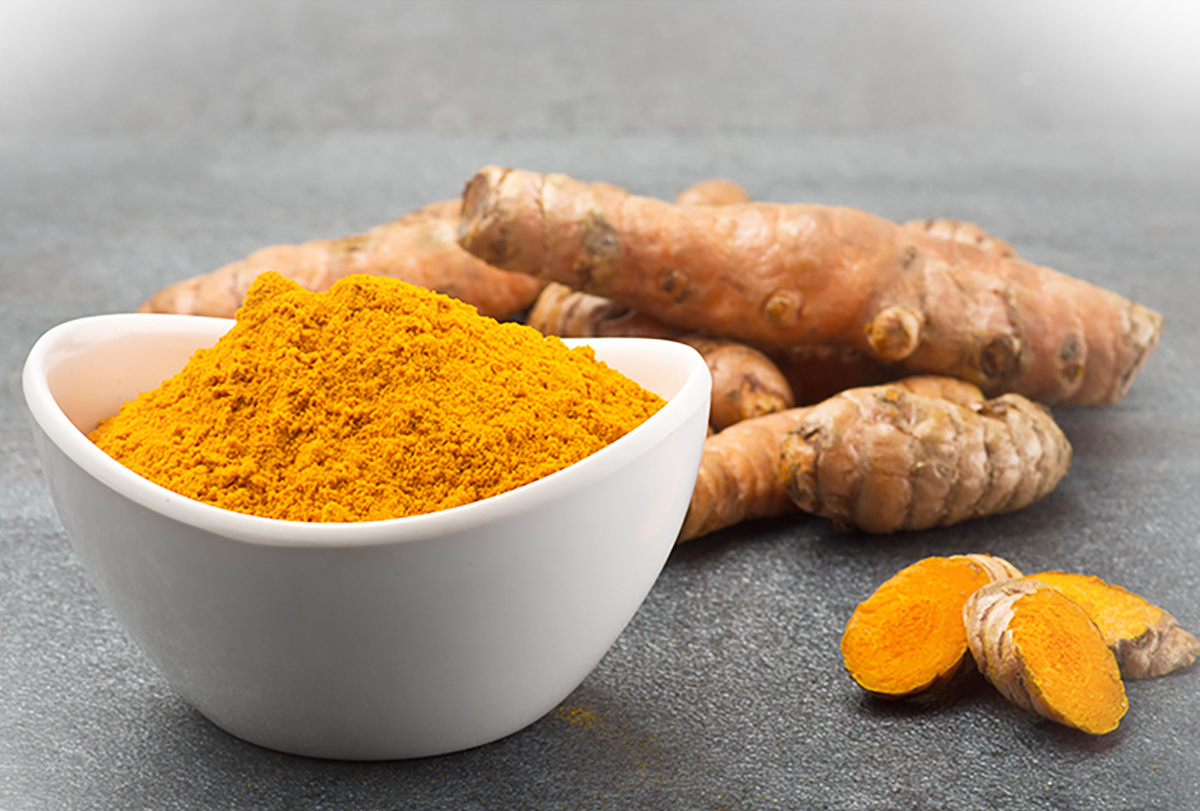
Despite these potential benefits, the text notes that some cases of acute liver injury have been reported from using turmeric, emphasizing the importance of monitoring dosage, especially in supplement form.
Garlic contains antioxidants like allicin and may help reduce liver fat and improve enzyme levels in NAFLD. Regular consumption of raw garlic is linked to a reduced risk of liver disease and even liver cancer. However, concentrated garlic supplements may cause liver injury, suggesting that natural – form consumption is preferable.
Ginger is known for its anti – inflammatory properties and potential protection against liver toxins. Studies suggest that it may reduce liver enzyme levels, cholesterol, and fat accumulation. It’s generally safe, but high doses warrant caution, particularly for those with existing liver conditions.
Product on Amazon: Qunol Turmeric Curcumin with Black Pepper & Ginger, 2400mg Turmeric Extract with 95% Curcuminoids, Extra Strength Supplement, Enhanced Absorption, Joint Support Supplement, 105 Count
Brand: Qunol
Binding: Health and Beauty Product Group: Drugstore
Price: 25.99 USD
Features:
1. ENHANCED ABSORPTION FORMULA: Qunol Turmeric capsules contain 2250mg of 95% curcuminoids, 150mg organic ginger root powder, and 15mg black pepper extract to enhance absorption. Other formulations may have only 5% curcuminoids.
2. BLACK PEPPER EXTRACT: Qunol Turmeric plus Ginger 2400mg capsules contain black pepper extract that enhances absorption and increases bioavailability
3. TURMERIC CURCUMIN: Has a long tradition of helping soothe tired, overworked joints. Supports healthy inflammation response associated with physical overexertion
4. GINGER ROOT: A traditional herb used for centuries packed with soothing botanicals
Shopping on Amazon >>
Danshen, used in traditional Chinese medicine, is noted for its potential protection from alcohol – related damage and its support for liver regeneration. Studies suggest that it might help treat liver fibrosis when combined with other herbs.
Ginkgo biloba is an herbal supplement associated with potentially improving liver function and reducing liver fibrosis. While it is linked to mild side effects and interactions with certain medications, the text notes that it has not been directly linked to liver damage, distinguishing it from others on the “harmful” list.
Astragalus, also commonly used in traditional Chinese medicine, is linked to liver protection and may help prevent fatty liver and fibrosis, either alone or combined with other herbs. Generally safe, it can interact with some medications, necessitating doctor consultation.
This duality, where some herbs are studied for benefits while others (sometimes the same ones in different forms or doses) are linked to harm, underscores the complexity of supplements.
Before incorporating any herbal remedies, it’s crucial to consult a healthcare provider, especially if you have existing liver conditions or while taking medications. Herbs should be seen as complementary, not replacements for conventional medical treatments, and their potential side effects or interactions must be considered.
The LiverTox database, a free online tool, provides information on medicines and supplements linked to liver injury, serving as a valuable resource for both healthcare providers and the public.
The liver, as Dr. Fontana described it, is usually a forgiving organ. Robert Grafton’s experience affirmed this; his hospital stay was brief, and his blood work returned to normal within weeks of stopping the supplements.
Further testing confirmed that there was no permanent damage to his liver. He emerged from the ordeal with a renewed perspective, a “new lease on life.”
He has since resumed his commitment to health and fitness, but with one fundamental change.
“I don’t take any supplements whatsoever,” Grafton stated.
The journey towards wellness is paved with many paths, some seemingly natural and benign. Yet, as the rising tide of supplement – linked liver injuries demonstrates, navigating these paths requires informed caution, open dialogue with trusted medical professionals, and a clear understanding that even products perceived as wholly “natural” can carry unexpected risks. In the pursuit of health, knowledge, not assumption, is the most powerful supplement of all.




